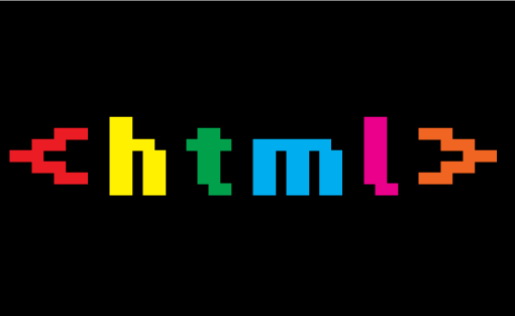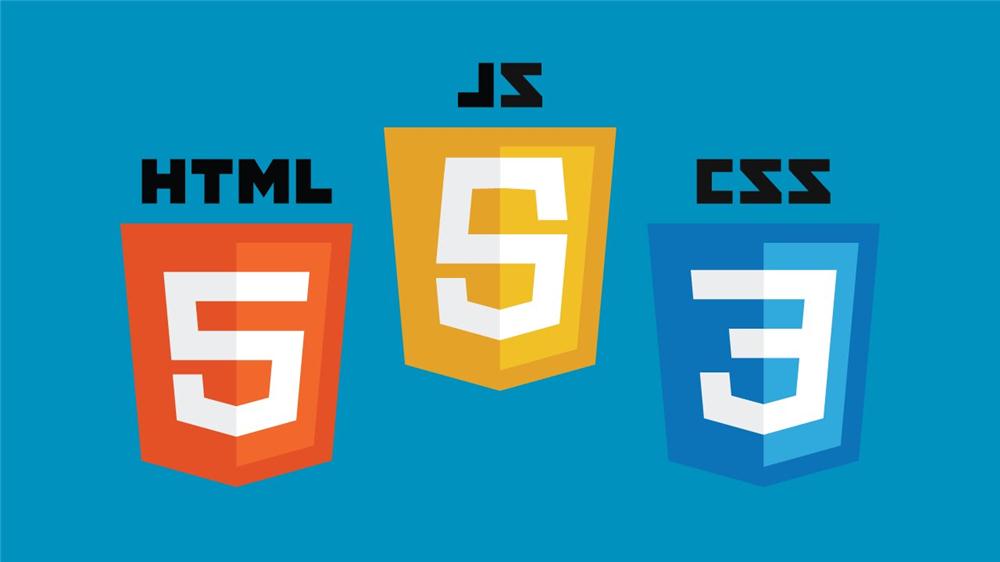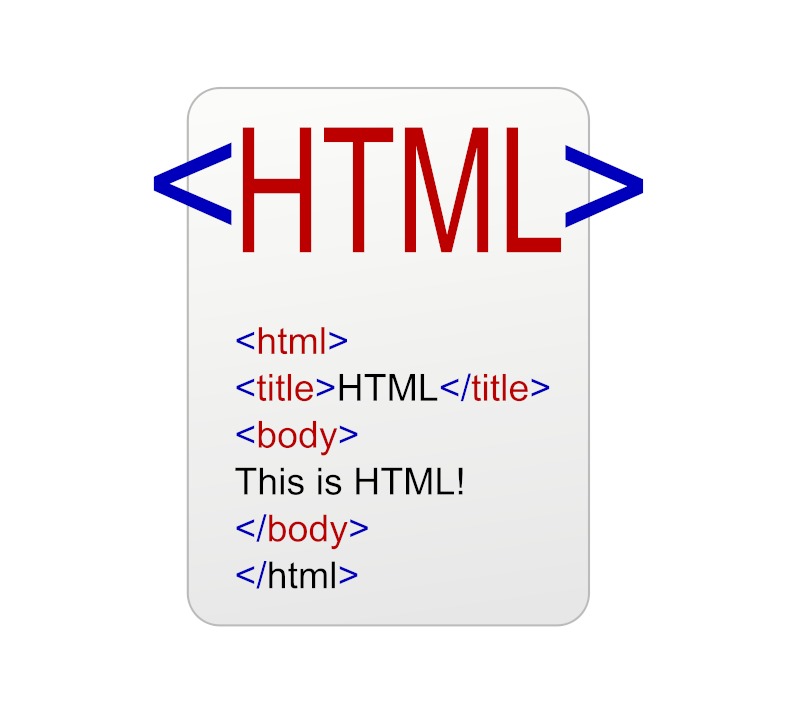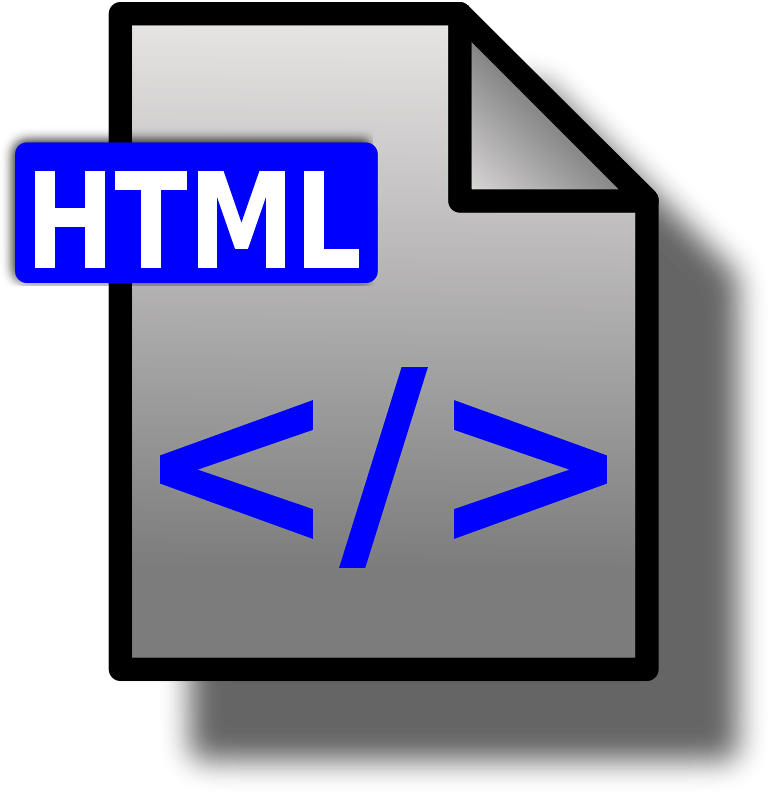Recommended content related to native drag and drop
Dragable attribute We have introduced several relevant knowledge about native drag and drop in HTML5 before. Today I will introduce to you some other small things in HTML5 drag and drop. Without further ado, let’s take a look together. By default, links, text, and images are draggable, so you don’t need to write code to drag them. If you want other element tags to be draggable, then only HTML5 can do it. HTML5 specifies the dragable attribute for all HTML elements, indicating whether the element can be dragged. The dragable attribute is automatically set to true in link and image tags, and the default value of the dragable attribute of other elements is false. Browsers that support the dragable attribute are: Firefox 4+, Chrome, IE 10+ and Safari 5+. Opera 11.5 and earlier versions do not support the HTML5 drag-and-drop function. In addition, to enable Firefox to support draggable attributes, you must add an ondragstart event handler and save some data in the dataTransfer object.

#Introduction: We have introduced several articles about HTML5 to you before Knowledge about native drag and drop in China. Today I will introduce to you some other small things in Html5 drag and drop. Without further ado, let’s take a look together.
2. HTML5 actual combat and analysis of native drag and drop (three dataTransfer objects)

Introduction: Although native drag is implemented through dragstart, drag and dragend events. But this is just drag and drop. There are still some drag and drop problems in IE6 and IE7, and data exchange is not implemented. In order to realize the exchange of data, IE5 introduced the dataTransfer object. The dataTransfer object is a property of the event object, used to transfer data in string format from the dragged element to the drop target. Because it is a property of the event object, the dataTransfer object can only be accessed within the event handler of the drag-and-drop event. In the event handler, you can use the properties and methods of this object to complete the drag-and-drop functionality.
3. HTML5 actual combat and analysis of native drag (two drag events dragstart, drag and dragend)

Introduction: Through drag and drop events, we can control drag and drop many things. Which element or where the drag event occurs is the most critical. Some events are fired on the dragged element, and some events are fired on the drop target. When an element is dragged, the events triggered are: dragstart event, drag event and dragend event.
4. HTML5 actual combat and analysis of native drag and drop (overview of drag and drop history)

Introduction: When I mention drag and drop, I think of a very interesting effect during JavaScript training, that is drag and drop. You can use the mouse to drag an object anywhere you want.
The above is the detailed content of Recommended content related to native drag and drop. For more information, please follow other related articles on the PHP Chinese website!

Hot AI Tools

Undresser.AI Undress
AI-powered app for creating realistic nude photos

AI Clothes Remover
Online AI tool for removing clothes from photos.

Undress AI Tool
Undress images for free

Clothoff.io
AI clothes remover

Video Face Swap
Swap faces in any video effortlessly with our completely free AI face swap tool!

Hot Article

Hot Tools

Notepad++7.3.1
Easy-to-use and free code editor

SublimeText3 Chinese version
Chinese version, very easy to use

Zend Studio 13.0.1
Powerful PHP integrated development environment

Dreamweaver CS6
Visual web development tools

SublimeText3 Mac version
God-level code editing software (SublimeText3)

Hot Topics
 1386
1386
 52
52
 How to run the h5 project
Apr 06, 2025 pm 12:21 PM
How to run the h5 project
Apr 06, 2025 pm 12:21 PM
Running the H5 project requires the following steps: installing necessary tools such as web server, Node.js, development tools, etc. Build a development environment, create project folders, initialize projects, and write code. Start the development server and run the command using the command line. Preview the project in your browser and enter the development server URL. Publish projects, optimize code, deploy projects, and set up web server configuration.
 What exactly does H5 page production mean?
Apr 06, 2025 am 07:18 AM
What exactly does H5 page production mean?
Apr 06, 2025 am 07:18 AM
H5 page production refers to the creation of cross-platform compatible web pages using technologies such as HTML5, CSS3 and JavaScript. Its core lies in the browser's parsing code, rendering structure, style and interactive functions. Common technologies include animation effects, responsive design, and data interaction. To avoid errors, developers should be debugged; performance optimization and best practices include image format optimization, request reduction and code specifications, etc. to improve loading speed and code quality.
 How to make h5 click icon
Apr 06, 2025 pm 12:15 PM
How to make h5 click icon
Apr 06, 2025 pm 12:15 PM
The steps to create an H5 click icon include: preparing a square source image in the image editing software. Add interactivity in the H5 editor and set the click event. Create a hotspot that covers the entire icon. Set the action of click events, such as jumping to the page or triggering animation. Export H5 documents as HTML, CSS, and JavaScript files. Deploy the exported files to a website or other platform.
 What is the H5 programming language?
Apr 03, 2025 am 12:16 AM
What is the H5 programming language?
Apr 03, 2025 am 12:16 AM
H5 is not a standalone programming language, but a collection of HTML5, CSS3 and JavaScript for building modern web applications. 1. HTML5 defines the web page structure and content, and provides new tags and APIs. 2. CSS3 controls style and layout, and introduces new features such as animation. 3. JavaScript implements dynamic interaction and enhances functions through DOM operations and asynchronous requests.
 What application scenarios are suitable for H5 page production
Apr 05, 2025 pm 11:36 PM
What application scenarios are suitable for H5 page production
Apr 05, 2025 pm 11:36 PM
H5 (HTML5) is suitable for lightweight applications, such as marketing campaign pages, product display pages and corporate promotion micro-websites. Its advantages lie in cross-platformity and rich interactivity, but its limitations lie in complex interactions and animations, local resource access and offline capabilities.
 How to make pop-up windows with h5
Apr 06, 2025 pm 12:12 PM
How to make pop-up windows with h5
Apr 06, 2025 pm 12:12 PM
H5 pop-up window creation steps: 1. Determine the triggering method (click, time, exit, scroll); 2. Design content (title, text, action button); 3. Set style (size, color, font, background); 4. Implement code (HTML, CSS, JavaScript); 5. Test and deployment.
 Is H5 page production a front-end development?
Apr 05, 2025 pm 11:42 PM
Is H5 page production a front-end development?
Apr 05, 2025 pm 11:42 PM
Yes, H5 page production is an important implementation method for front-end development, involving core technologies such as HTML, CSS and JavaScript. Developers build dynamic and powerful H5 pages by cleverly combining these technologies, such as using the <canvas> tag to draw graphics or using JavaScript to control interaction behavior.
 What Does H5 Refer To? Exploring the Context
Apr 12, 2025 am 12:03 AM
What Does H5 Refer To? Exploring the Context
Apr 12, 2025 am 12:03 AM
H5referstoHTML5,apivotaltechnologyinwebdevelopment.1)HTML5introducesnewelementsandAPIsforrich,dynamicwebapplications.2)Itsupportsmultimediawithoutplugins,enhancinguserexperienceacrossdevices.3)SemanticelementsimprovecontentstructureandSEO.4)H5'srespo




